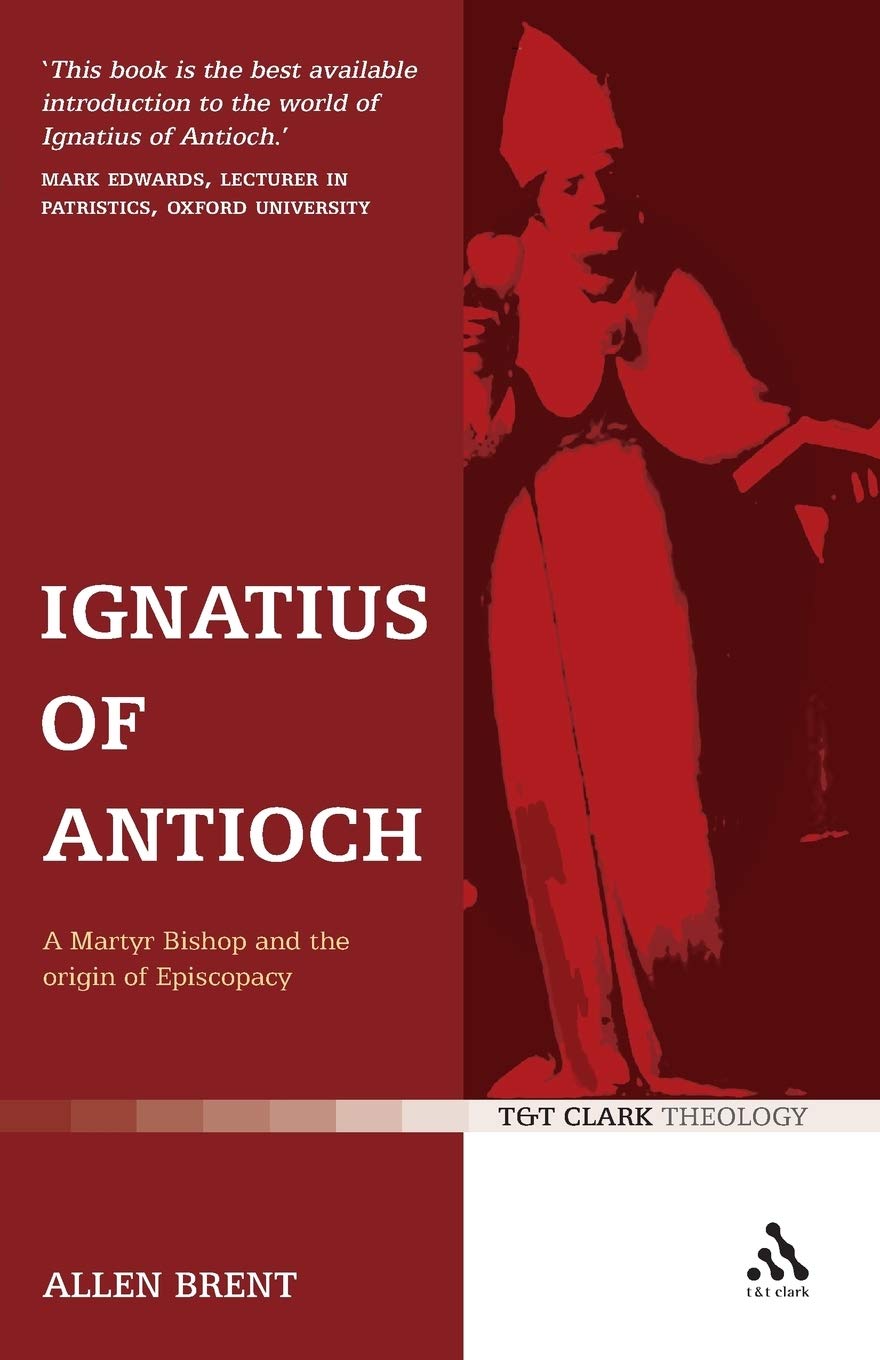This study of one of the early "bishops" of Antioch, one who wrote seven letters that are preserved for us and that were written on an extended journey across Asia Minor to the Italian peninsula on his way to be martyred by being fed to wild beasts in the Colosseum in Rome. The story may seem a bit farfetched (Why an overland trip? Would he really be free to talk and write so much?), but Brent discusses in large part what the circumstances were that caused the situation and why just such a thing was possible in the second century. With regard to being able to write and visit on his journey or even being sacrificed in Rome, Brent brings out various accounts that predated or only shortly postdated Ignatius's experience. Cicero, for example, a century earlier, makes note of prisoners being transported to Rome for gladiatorial games. Lucian and Samosota wrote a satire that closely mimics the Ignatian experience of people visiting a traveling prisoner--and some laws make mention of attempts to curtail such free and easy access, showing that a bribe certainly helped to make such visits possible and that laws had to be written to try to prevent just such occurrences.
Why Ignatius would have traveled all the way to Rome is another question that Brent addresses. He sees it as a case where putting Ignatius to death in Antioch would have created too much of a stir. Sending him away, thus, avoids the potential for more violence and fighting. What would Ignatius have done that would have created such stir? Brent makes the case that the strife was all internal to the Christian faith--namely, how to run the church. Ignatius was a proponent of a one-bishop-rule system. By placing himself in the fray and refusing any attempts at pardon, he made a martyr of himself in order to bring unity to the church in the city. Guilt-riddled, men might see what he was willing to do and change their ways accordingly. (I'm not sure I quite believe this, but Brent makes a decent case using cryptic comments from the letters).
Ignatius's main arguments for a bishop, slated next to a council of presbyters and a set of deacons, is drawn, Brent argues, largely from pagan mystery religion and Grecian city-state political systems under Roman oversight. The metaphorical counterpart in Christianity is the Eucharist, in which authority sits in a U-shape. The bishop stands in for God the Father, the presbyters as god's council (a type of the apostolic council), and the deacons as types of Christ, who take the bread and wine into the congregation. Ignatius, in his journey to Rome, takes on a procession like that made within the mystery religions, in which again he stands in for God and his various greeters as stand-ins for the gods, all in an effort to bring unity to the church (as such a procession would bring unity to the state), with the sacrifice to follow at the end. Various quotes from the letters seem to somewhat back up this claim. Indeed, even if Ignatius was not modeling his argument on pagan rites, as Brent seems to be arguing, he likely was at least applying similar terms to make his point, even as the New Testament writers use traditions such as Roman athletic events to make their points.
Ignatius's letters, some thirteen or so in number, are accepted or rejected a spurious by various critics. Six are rejected by almost all, but the other seven are more so accepted. It is these seven that Brent devotes his time examining, and these seven that he argues actually are legitimate. One chapter is given over to countering the arguments of some more-recent scholars who reject some or all of the letters. Another chapter is devoted to how Polycarp's letter fits in with the Ignatian letters. Polycarp's one surviving letter is largely seen as authentic, but some scholars see the mention of Ignatius in it as a forger's interpolation. Brent seems pretty convincing in noting that probably the main reason we even have Ignatius's letters is that Polycarp gathered them, even as his letter makes mention of doing.
Brent also addresses why Polycarp would save such letters if they maintain a position in which pagan ideas are used to justify a version of church government. He sees the link here largely as both Ignatius's and Polycarp's fight against Docetism, the martyrdom of Ignatius being perhaps one of the greatest arguments against the doctrine.







No comments:
Post a Comment